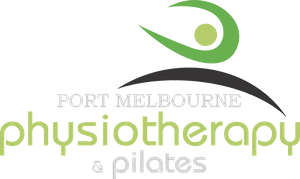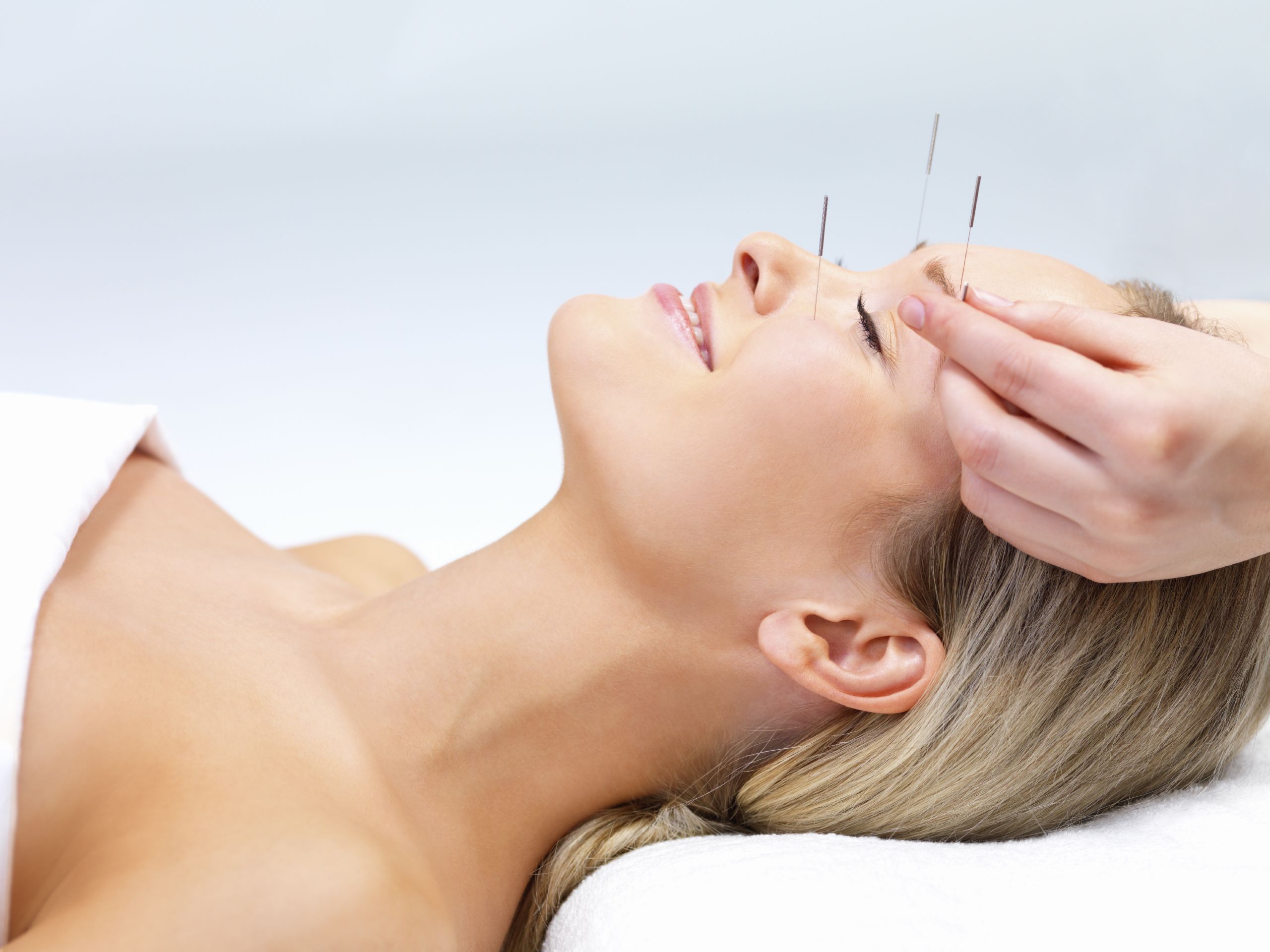As physios we often get asked by our clients what traditional Chinese acupuncture involves and if it might help them. They also wonder how it differs to dry needling (which we may incorporate into a physio treatment session).
I have seen Suzette Salloum from Albert Park Traditional Chinese Medicine on and off for the past couple of years. She has helped me with a wide range of symptoms including digestive issues and food intolerances, insomnia/poor sleeping, muscle soreness, as well as cycle regularity.
I recently caught up with Suzie to ask her a few questions about Acupuncture and how you might benefit
How long have you been practicing Chinese Medicine and Acupuncture?
I have been in clinical practice as a Traditional Chinese Medicine Practitioner for nearly 12 years. In my practice I use both Acupuncture techniques and Chinese Herbal Medicine. I started in a clinic in Albert Park in 2005 and have worked in Port Melbourne for the last 11 years.
What does Acupuncture involve?
Acupuncture is one of the oldest healing practices in the world. It involves the stimulation of specific acupoints in the body to correct imbalances in the flow of Qi (pronounced Chee) or ‘life energy’ flowing through the body’s meridians. While acupuncture is most commonly associated with the insertion of thin solid needles in the skin, skilled practitioners typically employ a large range of additional techniques including moxibustion (the burning of herbs) and cupping (the placement of suction cups on the skin).
Acupuncture offers a unique approach that focuses as much on optimising health as it does on illness.
What type of needles do you use?
All Registered Acupuncturists in Australia are required to use single use, sterile medical grade acupuncture needles. They are very fine solid needles, which come in different sizes. The size used is dependent on where the acupuncturist places them on the body.
What conditions do you treat with Acupuncture?
Acupuncture effectively treats a wide range of conditions from musculoskeletal and gastrointestinal issues to mental health, stress, reproductive and gynaecological concerns. I see patients with depression, headaches, morning sickness and sciatica, which are just some of the many conditions that are effectively treated by acupuncture.
Does Acupuncture hurt?
Many people feel a small transient sting as the acupuncture needles are inserted. Following an acupuncture session some patients may feel, energised, some tired, some a little dizziness, which are mild self-correcting symptoms.
You have a special interest in natural fertility enhancement and IVF support. What does this involve?
I have always had an interest in womens health and pregnancy. My special interest in fertility assistance comes from the basic of Chinese medicine theory that our body shows us clear signs on the outside about what is going on inside. By correcting small or large imbalances many things like hormones, cycles and energy levels realign. Often in doing so fertility is enhanced also. So I have worked with patients in all aspects of fertility, pre-conception preparation, patients who are trying to conceive and are looking for some natural assistance and of course during pregnancy.
I also treat couples who are going through IVF cycles, providing preparation support for both stimulated and natural thaw cycles, egg collection, embryo transfer, post transfer support and miscarriage prevention.
How can clients book in to see you?
All enquiries and bookings for appointments can be made via the clinic number 9646 9090 or by emailing me directly at suzette@albertparktcm.com.au . I am always happy to have a chat first to answer any questions about Traditional Chinese Medicine whilst people research how to approach their health needs.
For more information about Suzie and her clinic please visit http://www.albertparktcm.com.au/
~Sal

